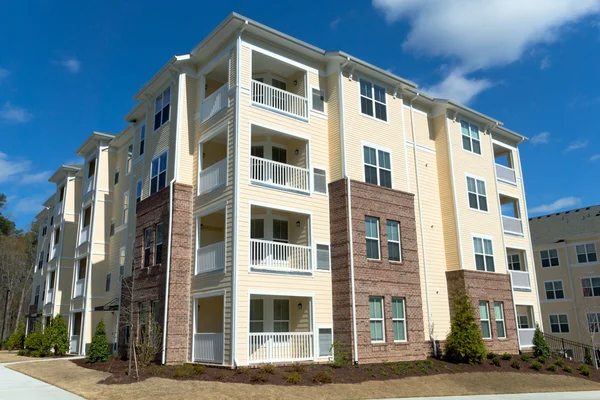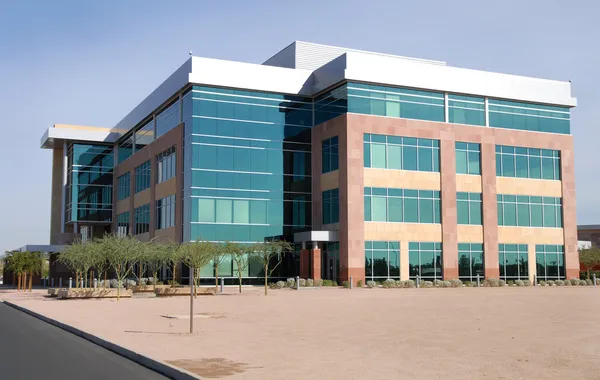1031 Like Kind Exchanges
1031 Exchange Services
If you’re thinking of selling a piece of property that could result in a big profit (and a big tax bill), a 1031 exchange could be a useful strategy.
What is a 1031 exchange?
A 1031 exchange, named after section 1031 of the U.S. Internal Revenue Code, is a way to postpone capital gains tax on the sale of a business or investment property by using the proceeds to buy a similar property. It is also sometimes referred to as a “like-kind” exchange.
What qualifies as a 1031 exchange?
A key rule about 1031 exchanges is that they’re generally only for business or investment properties. Property for personal use — like your home, or a vacation house — typically doesn’t count. Securities and financial instruments, such as stocks, bonds, debt instruments, partnership interests, inventory and certificates of trust aren’t usually eligible for 1031 exchanges.
Steps to take
Step 1: Selling a property, contact Optum Tax Solutions LLC.
A 1031 exchange is generally only for business or investment properties. Property for personal use — like your primary residence or a vacation home — typically doesn’t count.
Optum Tax Solutions LLC is a Qualified Intermediary with the IRS to facilitate the 1031 exchange. One way to make sure you don’t receive cash prematurely is to work with Optum Tax Solutions LLC. Optum will hold the funds in escrow for you until your exchange is complete (assuming the sale and the purchase don’t take place simultaneously).
Step 2: Identify the property you want to buy.
The property you’re selling and the property you’re buying have to be “like-kind,” which means they’re of the same nature, character or class, but not necessarily the same quality or grade (more on that below). Note that property inside the U.S. isn’t considered like-kind to property outside the U.S.
The properties don’t have to be as similar as you may think. You don’t necessarily have to swap a rental property for an identical rental property or a parking lot for a parking lot. “Like-kind” generally means you’re swapping one investment property for another investment property. It might be possible to exchange vacant land for a commercial building. Please note the new purchased property must be of equal or greater value per IRS guidelines.
Step 3: Keep an eye on the calendar.
For the most part, you must meet two deadlines or the gain on the sale of your property may be taxable.
First, you have 45 days from the date you sell your property to identify potential replacement properties. You must do that in writing and share it with Optum Tax Solutions LLC.
Second, you must buy the new property no later than 180 days after you sell your old property or after your tax return is due (whichever is earlier).
Step 4: Optum Tax Solutions LLC will complete IRS form 8824 with your tax return.
That form is where you describe the properties, provide a timeline, explain who was involved and detail the money involved.



